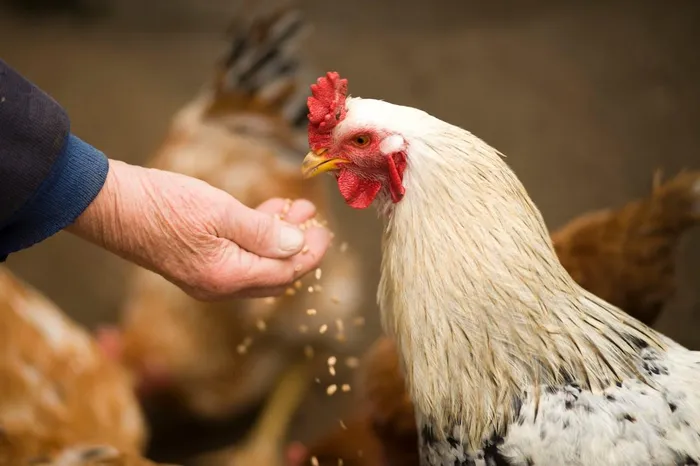SA's chicken market remains stable amid global bird flu outbreak

There will be no chicken shortage in South Africa, assures SAPA.
Image: Pexels/IOL
DESPITE global disruptions in the poultry industry caused by outbreaks of avian influenza, a shortage of chicken in South Africa remains highly unlikely.
This is according to the South African Poultry Association (SAPA), which has confirmed that local producers have sufficient capacity to handle any potential shortfall resulting from restrictions on chicken imports, particularly from Brazil.
South Africa’s domestic poultry sector – a R65 billion industry and the country’s largest agricultural employer with nearly 58,000 jobs – currently slaughters around 21.5 million chickens per week.
According to SAPA’s Broiler Organisation CEO, Izaak Breitenbach, the industry has already increased its capacity to process up to 22.5 million birds weekly, leaving room to scale up in the event of rising demand or reduced imports.
“As the winter months are a period of lower demand for chicken, the additional supply should be sufficient to ensure there are no shortages of chicken meat, or price increases, because of shortages,” said Breitenbach.
Brazil ban unlikely to disrupt chicken meat supply
Brazil, which supplies the majority of South Africa’s chicken imports, reported an outbreak of highly pathogenic avian influenza (HPAI) at the end of April.
This has raised concerns and led to precautionary bans by several countries.
However, SAPA has emphasised that Brazilian imports account for only about 18% of local production, and most of this is not the chicken typically consumed by households.
Mechanically deboned meat (MDM), a paste used in processed meats like polony and sausages, comprises over 60% of poultry imports from Brazil. Bone-in cuts such as leg quarters and wings, which are more likely to be found on South African dinner tables, make up just 4.5% of those imports. SAPA has warned that any supply concern would relate to MDM, not fresh or frozen chicken meat.
Imports, Exports, and Consumer Relief
In a statement, SAPA said the poultry import landscape has shifted.
"While total chicken imports rose from 2023 to 2024, imports of bone-in cuts declined. The increase was driven by MDM and offal, which face no tariffs. Argentina, exempt from anti-dumping measures, is the latest country to flood the South African market with cheap chicken, putting local producers under pressure. With Europe battling widespread HPAI outbreaks, imports from affected regions, including the United Kingdom (UK) and Hungary, have decreased. However, tariff-free imports from unaffected regions persist, impacting local pricing and production."
SAPA stated on the export side, South Africa is making headway, with inspections by the UK and Saudi Arabia anticipated in the coming months—an essential step toward accessing those markets, particularly for cooked products.
To ease pressure on consumers, especially lower-income households, SAPA and industry stakeholders have proposed making frozen chicken cuts and offal VAT-free. This would provide financial relief while supporting local producers’ efforts to supply affordable protein.
Industry recovery from the previous avian flu outbreak
South Africa's poultry industry is still recovering from the devastating 2023 HPAI crisis, during which over 9.6 million birds were culled, leading to more than R9.5 billion in losses.
Egg prices soared by over 30% during that period, and the threat of another outbreak looms large as wild birds begin their seasonal migration.
Efforts to introduce vaccination remain hampered by strict biosecurity requirements. While three H5 vaccines have been approved for import, testing protocols and the absence of an approved H7 vaccine – necessary for a South African-specific strain – have stalled mass inoculation.
Related Topics: